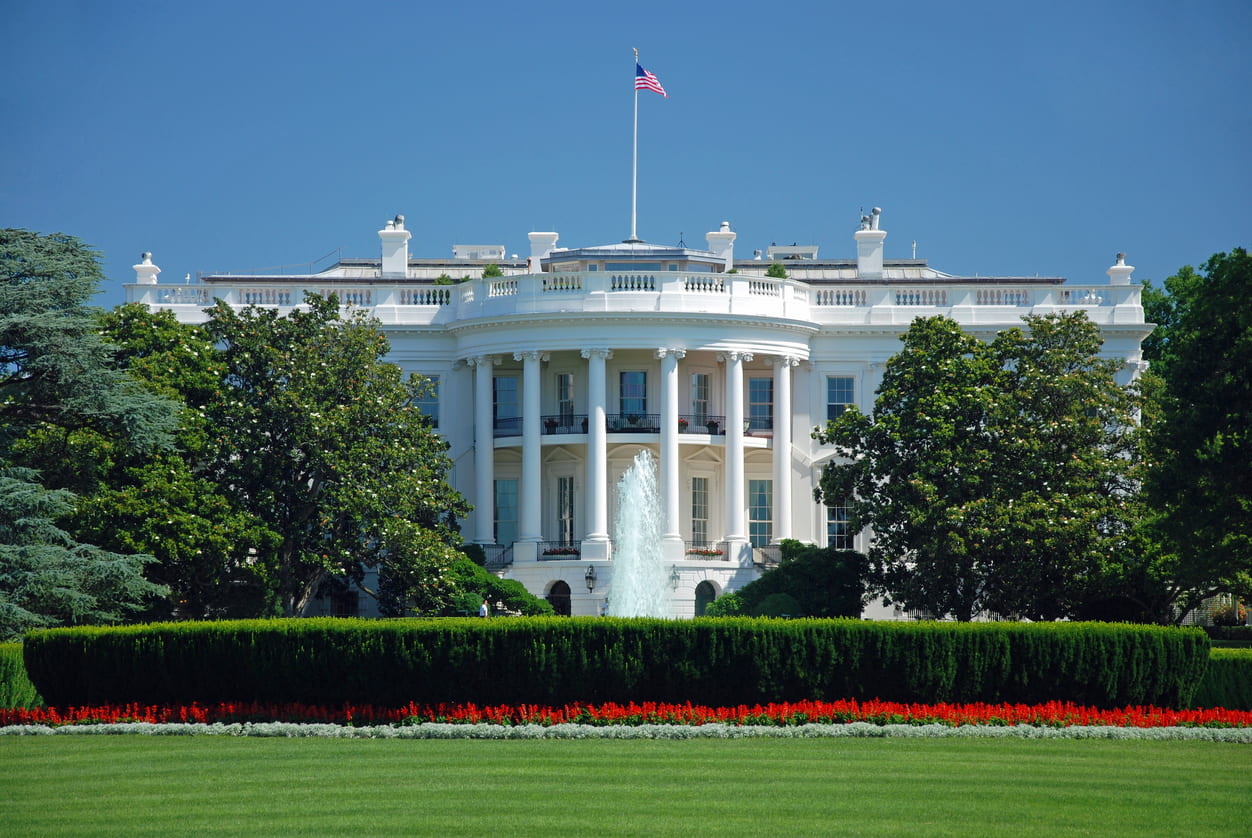AI and the regulatory landscape
With any new technological development, understanding its societal implications and deciding whether and how the new technology should be regulated poses a challenge. AI has added complexity because of the speed at which AI technology is evolving. The release of publicly accessible generative AI late in 2022, for example, raises issues not addressed by the emerging international consensus on the principles that should underpin AI regulation.
We will update this content periodically, but it’s worth noting that, like AI itself, the regulatory state of play will continue to evolve.
The international regulatory landscape
In June of 2023 our team attempted to summarise the international regulatory context for AI to produce an A3 resource (available to download at the link below). The summary document outlines some of the challenges of designing appropriate regulation, an emerging international consensus on the principles regulation should support, and specific pieces of relevant legislation around the world. The purpose of this document isn’t to make recommendations, but to highlight the relevant issues and collate what is happening elsewhere.
To complement the release of the A3 summary our team also released a blog post that explores in more detail why regulating AI is so challenging for policy makers globally. Have a read of the blog post here.
An evolving regulatory landscape
The downloadable A3 resource is current as of June 2023. We know that the regulatory landscape is evolving and there will be ongoing changes across jurisdictions. Our team will continue to monitor the international regulatory landscape and will post updates here periodically. Be sure to check back regularly!

October 2023 – President Joe Biden issued an Executive Order establishing a sweeping set of regulatory principles on AI.

November 2023 – The UK government held the first AI Safety Summit where 28 governments signed up to the Bletchley declaration.

December 2023 – European Union officials have reached a provisional agreement on the Artificial Intelligence Act. The European Parliament will vote on the AI Act proposals early next year. Legislation will not take effect until at least 2025.
Video resources
At present the EU is making headway in its regulation of AI. In this video explainer, Richard Massey describes what these emerging regulations could mean for New Zealand for businesses adopting AI tools
The OECD released the following video highlighting the various needs and requirements (often conflicting) that will need to be appropriately balanced in order to arrive at suitable AI governance and regulatory settings.
Last edited on: 15th December 2023
